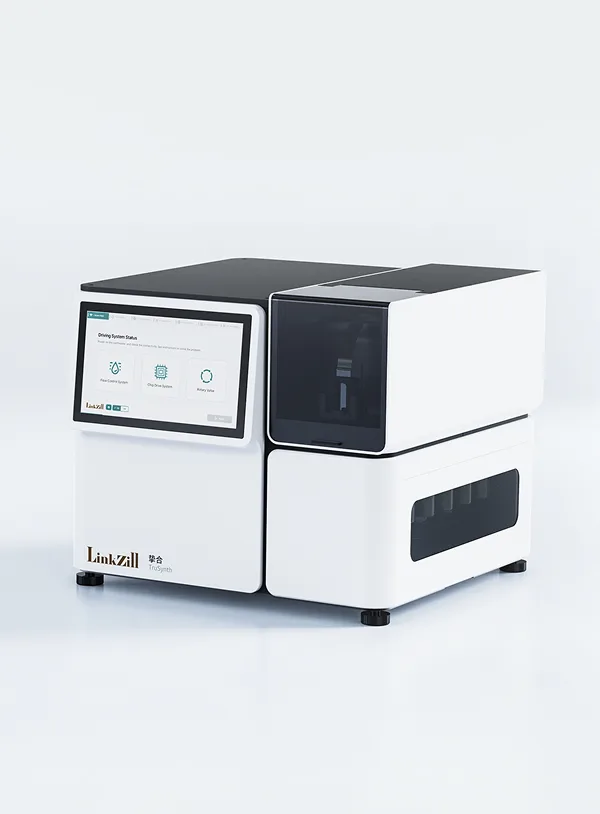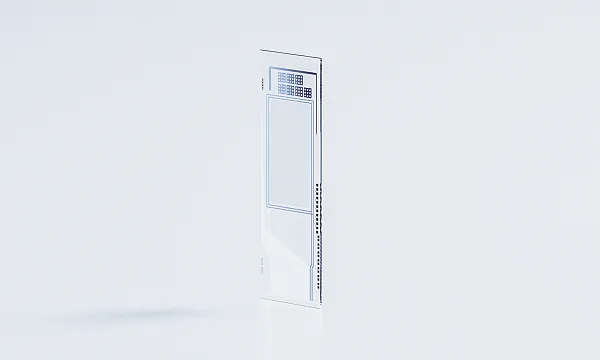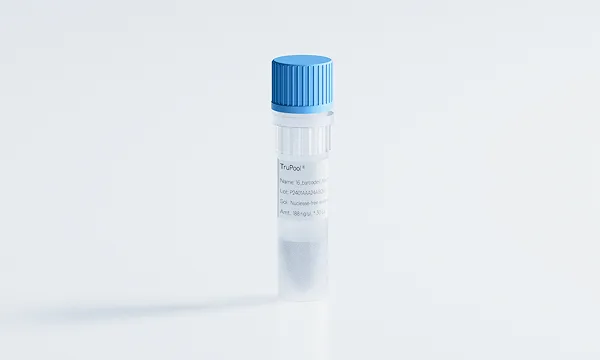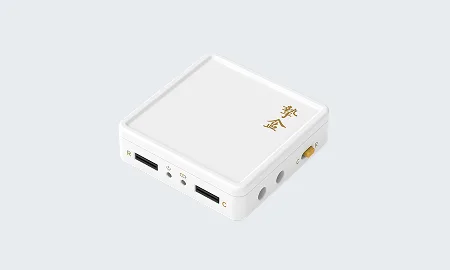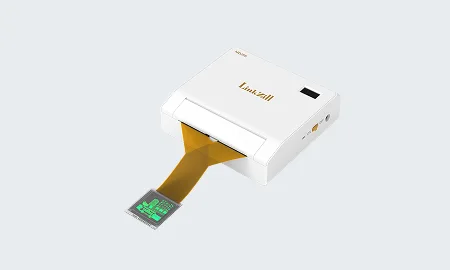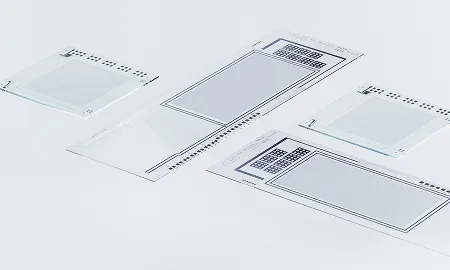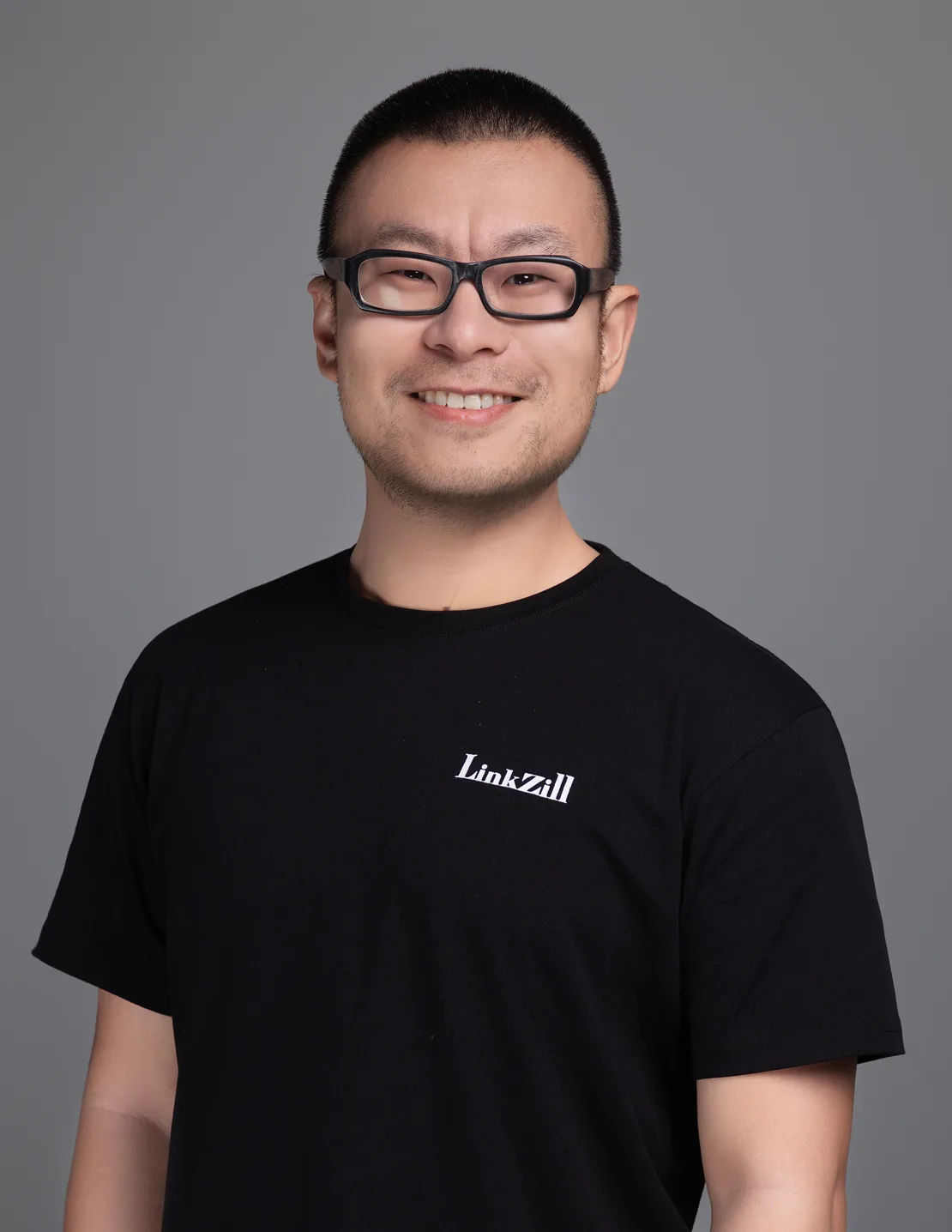TruSynthTM
Oligo Microarray Synthesizer
World's first oligonucleotide microarray synthesizer
based on TFT semiconductor technology
TruSynthTM
Oligo Microarray Synthesizer
World's first oligonucleotide microarray synthesizer based on TFT semiconductor technology
LinkZill's TruSynth™ oligo microarray synthesizer,
integrating TFT semiconductor technology with electrochemical technology,
enables high-throughput, high-precision synthesis of oligo microarrays and oligo pools.
LinkZill's TruSynth™ oligo microarray synthesizer, integrating TFT semiconductor technology with electrochemical technology, enables high-throughput, high-precision synthesis of oligo microarrays and oligo pools.
Highlights
End-user accessibility
- A high-throughput oligo microarray synthesizer that sells to end users
Throughput flexibility
- Adaptable to 4K or 65K throughput TFT-DNA synthesis chip
- Upgradeable to mega-scale chips in the future
Throughput-yield balance
- Higher per oligo yield than commercially available CMOS electrochemical and inkjet printed DNA synthesis routes
World-leading product quality [1] [2]
- Coverage up to > 99.9%
- Error rate down to < 0.6% / nt
- World-leading electrochemical DNA synthesis quality
Support for customization [3]
- Support for degenerate bases, special monomers, and 5′ modifications
- Support for chip design and pattern customization
Recipe flexibility
- Built-in high-efficiency, high-precision DNA synthesis recipe
- Support for customized recipe
Extremely rapid production
- Single synthesis cycle duration of only 5 minutes
- Built-in algorithms to minimize synthesis time for long oligo
- 150 nt oligo microarray synthesis in 34 hours
Compact, easy-to-deploy, and easy-to-use device
- Bench-top device with a footprint of only 0.3 ㎡
- Fully enclosed synthesis system with low environmental requirements such as humidity, air pressure, vibration, etc.
- Relatively simple mechanical structure, easy to maintain
- User-friendly interface for non-professionals, easy to operate
Low consumable and reagent cost
- Lower chip cost than CMOS-based technologies
- Micro-scaled reaction system
- Reagent cost as low as ¥1.0 per cycle
Application Scenarios
High-throughput omics technology
- Targeted NGS capture probes
- Genomic variant genotyping
- Gene expression profiling
- In situ spatial OMICs
- Solid-phase capture
- Non-mass spec proteomics
- Sequencing technology

Synthetic biology
- Gene variant libraries
- Factory-scale gene synthesis
- AI-assisted protein design
- In situ gene synthesis
- DNA data storage

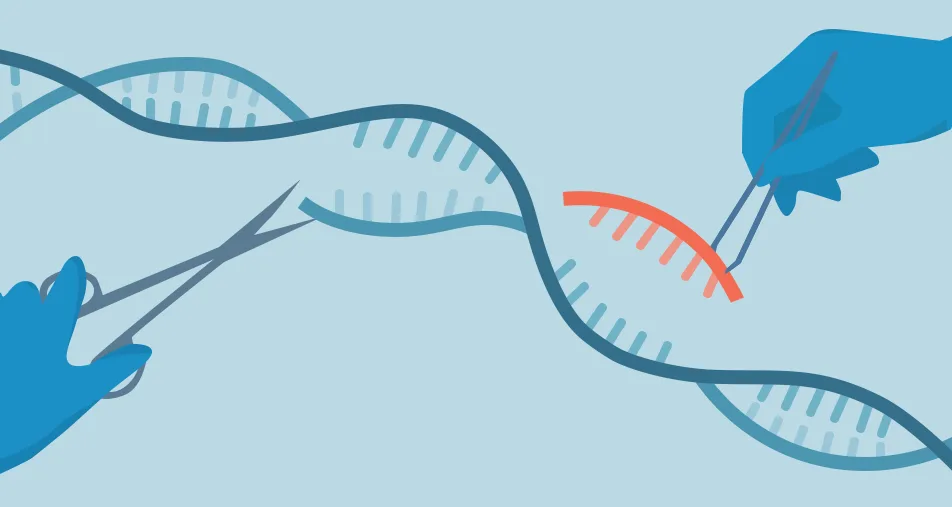
Innovative drug discovery
- CRISPR gRNAs screening libraries
- Lentiviral shRNA screening libraries
- High-throughput antibody discovery
- High-throughput aptamer discovery
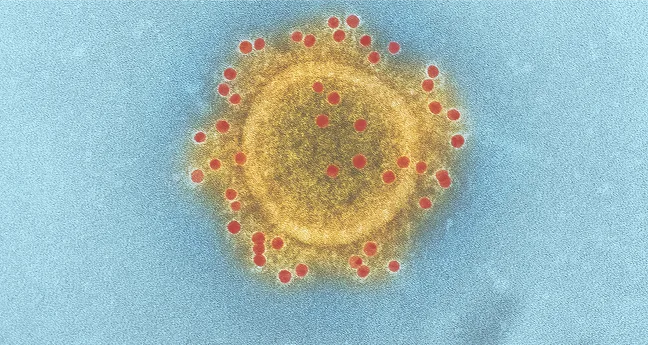
Medical diagnostics
- Pathogen and resistance screening
- Pharmacogenetics
- Tumer genotyping
- MRD monitoring

Molecular breeding and agriculture
- Animal germplasm identification
- Plant germplasm identification
- Genome-editing-based germplasm development
Technical Specifications [1] [2] [4]
Coupling Efficiency: > 98.5%
Oligo Length: Up to 150 nt, unlockable up to 200 nt [5]
Synthetic Uniformity (Pre-amplification): Q95:Q5<3.0X
Synthesis Yield: > 0.5 fmol per oligo [6]
Production Time [7] :
60 nt: approx. 9 hr
100 nt: approx. 20 hr
150 nt: approx. 34 hr
Array Size: Up to 4,096 or 65,536 per chip
Coverage: > 99.0%
Error Rate: < 1.0% / nt
Single Synthesis Cycle Duration:
Default recipe: 5.5 min
Custom recipe can be adjusted to: < 3.5 min
Consumables and Synthesis Products
Device Specifications
| Device Model | TruSynth™ Beta2 | TruSynth™ Beta3 | |
| # of Chips per Synthesis Task | 1 | ||
| Chip Compatibility | 4K or 65 K | ||
| Appearance | W × L × H | 560mm × 537mm × 418mm | 608mm × 605mm × 528mm |
|
Net Weight(Excluding Reagent Bottles and Accessories) |
34.0kg | 32.0kg | |
| PC | Computer + Monitor | External | Internal |
|
Working Environment |
Temperature | 20℃~30℃ | |
| Relative Humidity | 10%~45% | ||
|
Supported Monomer Species |
Conventional Base Monomer | 4 | 4 |
|
Special Base Monomer or Modification Reagent |
0 | 3 | |
| Power Supply | Voltage | 100~240V AC | |
| Frequency | 50/60Hz | ||
| Rated Power | 48W | 88W | |
| Device Model | TruSynth™ Beta2 | TruSynth™ Beta3 | |
| # of Chips per Synthesis Task | 1 | ||
| Chip Compatibility | 4K or 65 K | ||
| Appearance | W × L × H | 560mm × 537mm × 418mm | 608mm × 605mm × 528mm |
| Net Weight(Excluding Reagent Bottles and Accessories) | 34.0kg | 32.0kg | |
| PC | Computer + Monitor | External | Internal |
| Working Environment | Temperature | 20℃~30℃ | |
| Relative Humidity | 10%~45% | ||
| Supported Monomer Species | Conventional Base Monomer | 4 | 4 |
| Special Base Monomer or Modification Reagent | 0 | 3 | |
| Power Supply | Voltage | 100~240V AC | |
| Frequency | 50/60Hz | ||
| Rated Power | 48W | 88W | |
Ordering Information
| Product Category | Product Name | Model | Specification |
| Microarray Synthesizer | TruSynth™ Oligo Microarray Synthesizer Beta2-4K | Beta2-4K | 1 set with internal PC and monitor |
| TruSynth™ Oligo Microarray Synthesizer Beta2-65K | Beta2-65K | ||
| TruSynth™ Oligo Microarray Synthesizer Beta3-4K | Beta3-4K | 1 set with internal PC and monitor | |
| TruSynth™ Oligo Microarray Synthesizer Beta3-65K | Beta3-65K | ||
| Interchangeable Drive System [8] | TruSynth™ 4K TFT-DNA chip drive system | Driver-4K | 1 set |
| TruSynth™ 65K TFT-DNA chip drive system | Driver-65K | ||
| TFT-DNA Synthesis Chip | TFT-DNA Chip 4K Type-A | Std-4K-A | 1 piece / 10 pieces |
| TFT-DNA Chip 65K Type-A | Std-65K-A | ||
| Proprietary Reagent | Electrochemical dimethoxyphenyl trimethyl group remover | EGA-AC02-RDE | 4L / Bottle |
| Other exclusively improved synthetic reagents [5] | |||
| Replaceable Accessories | Chip flowcell [5] | ||
| Solenoid / Valve group / Pipeline [5] |
| Product Category | Product Name | Model | Specification |
| Microarray Synthesizer | TruSynth™ Oligo Microarray Synthesizer Beta2-4K | Beta2-4K | 1 set with internal PC and monitor |
| TruSynth™ Oligo Microarray Synthesizer Beta2-65K | Beta2-65K | ||
| TruSynth™ Oligo Microarray Synthesizer Beta3-4K | Beta3-4K | 1 set with internal PC and monitor | |
| TruSynth™ Oligo Microarray Synthesizer Beta3-65K | Beta3-65K | ||
| Interchangeable Drive System [8] | TruSynth™ 4K TFT-DNA chip drive system | Driver-4K | 1 set |
| TruSynth™ 65K TFT-DNA chip drive system | Driver-65K | ||
| TFT-DNA Synthesis Chip | TFT-DNA Chip 4K Type-A | Std-4K-A | 1 piece / 10 pieces |
| TFT-DNA Chip 65K Type-A | Std-65K-A | ||
| Proprietary Reagent | Electrochemical dimethoxyphenyl trimethyl group remover | EGA-AC02-RDE | 4L / Bottle |
| Other exclusively improved synthetic reagents [5] | |||
| Replaceable Accessories | Chip flowcell [5] | ||
| Solenoid / Valve group / Pipeline [5] |




